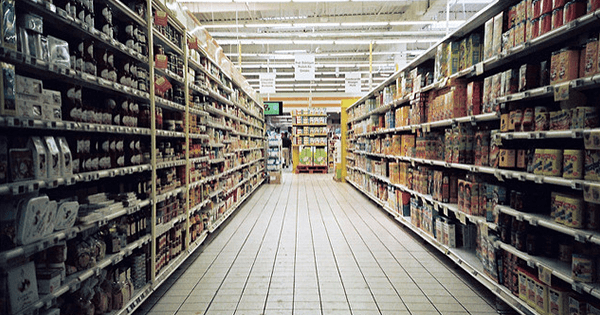
Several times a week, I do my shopping at a small supermarket. Over the four years I’ve been their customer, Kara and Franck, the affable clerks who staff the checkout, and I have developed a cordial rapport. Kara, an obviously mixed black-and-Arab man from Morocco, who works six days a week to support his three children, often asks me to confirm his fantastic theories about America. He is convinced, for one thing, that it is a place where life is easy and anything you can dream of can be had at a bargain. It torments him to know that once, on a trip back to the States, I bought an “I ♥ NYC” T-shirt for Franck’s nephew, and he has made me swear to warn him before I go back. He would like a pair of suede Clark’s boots, he tells me, and a fur-trimmed parka like the one I am wearing. He estimates that all this should cost no more than 50 euros. I assure him I will keep my eyes open, and both he and Franck repay me for this infinitesimal kindness by waiving the fee for plastic bags and charging me the room-temperature rate for the beers I remove from the cooler. “Tu es mon ami, Tom,” Franck smiles when I thank him. “This is nothing.” Franck, jet-black and with bloodshot eyes and a demeanor that vacillates between morose and ebullient, sometimes within the parameters of a single conversation, one day reveals to me that he is a refugee from war-torn Ivory Coast, one of the most dangerous countries on the planet. It is his life’s great fortune, he tells me, to be working at this discount supermarket in Paris.

